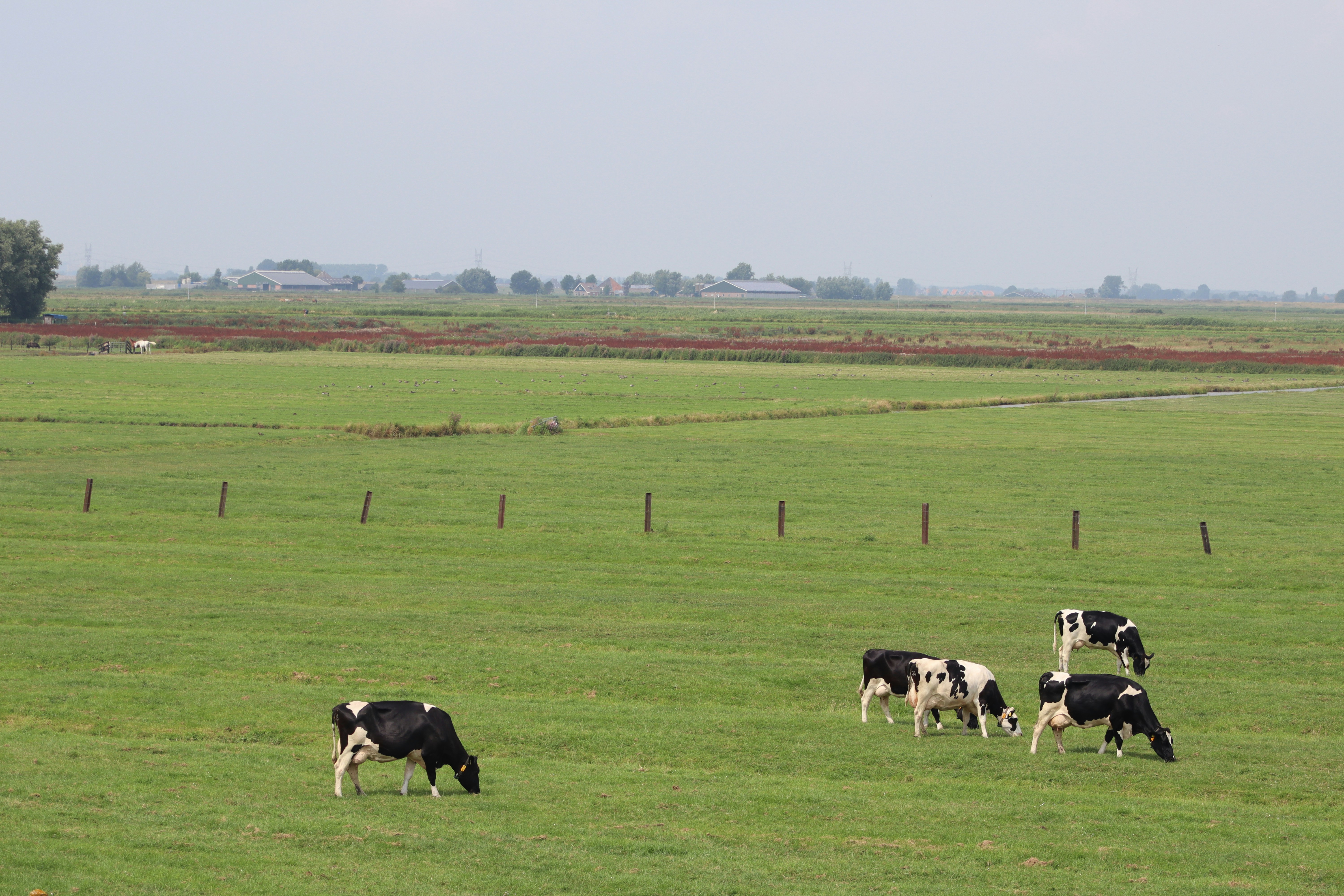Dung Wars: The EU's Standoff With Dutch Biogas Policies

The Dutch government’s recent proposal to prioritize domestic organic waste in biogas production has sparked a heated debate within the European Union. Brussels has accused the Netherlands of pursuing "manure protectionism," alleging that the policy unfairly restricts cross-border trade and violates EU market principles. At the heart of the issue lies a clash between national energy strategies and the EU’s commitment to a single market. This article explores the motivations behind the Dutch policy, the objections raised by Brussels, and the broader implications for the EU’s energy and trade framework.
The Biogas Market in the Netherlands
Biogas is a cornerstone of the Netherlands’ renewable energy strategy. Derived from organic waste such as manure and food leftovers, biogas contributes to the country’s goals of reducing fossil fuel dependence and achieving carbon neutrality.
Currently, the Dutch biogas sector relies on a mix of domestic and imported organic waste. Biomethane, a purified form of biogas, is often blended with natural gas to reduce emissions. However, the Dutch government’s new rules propose that only organic waste originating within the Netherlands can be used to produce biomethane. This restriction aims to bolster local industries but raises concerns about compliance with EU trade regulations.
Brussels’ Concerns About “Manure Protectionism”
The European Commission has expressed strong opposition to the Dutch policy, claiming it distorts the single market by restricting the free movement of goods. Specifically, Brussels argues that:
- The policy disadvantages organic waste exporters from other EU countries.
- It creates an artificial barrier in the biogas market, undermining competition.
- It sets a worrying precedent for similar protectionist measures in other sectors.
The Commission’s concerns are rooted in the principles of the EU’s single market, which aims to ensure a level playing field across member states. By prioritizing domestic waste, critics argue that the Netherlands risks violating these principles and alienating its European partners.
The Netherlands’ Justification
In response, the Dutch government has defended its policy as a necessary step toward sustainability. Officials argue that restricting biogas production to domestic organic waste will:
- Promote a Circular Economy: By utilizing local resources, the Netherlands can close the loop on waste and energy production, minimizing reliance on imports.
- Reduce Transport Emissions: Sourcing waste domestically reduces the environmental costs associated with transporting organic materials across borders.
- Support Local Farmers and Industries: The policy aims to provide economic incentives for Dutch farmers and waste producers, boosting the domestic economy.
- Enhance Energy Security: By relying on local inputs, the Netherlands can ensure a more stable and resilient biogas supply.
Despite these arguments, the Dutch government faces pressure to balance its sustainability goals with its obligations to the EU’s single market.
Economic and Environmental Impacts
The economic and environmental consequences of the Dutch policy are complex and multifaceted.
Economic Impact:
The policy could benefit Dutch farmers and local waste producers, creating a more self-reliant biogas industry. However, it risks sparking trade disputes with neighboring countries that export organic waste to the Netherlands. Such disputes could strain relationships within the EU and lead to retaliatory measures.Environmental Impact:
On one hand, the policy aligns with sustainability objectives by promoting local resource use and reducing transport emissions. On the other hand, excluding imported organic waste may limit the overall efficiency and scalability of the Dutch biogas sector, potentially hindering broader renewable energy goals.
Broader Implications for EU Energy and Trade Policies
The standoff between Brussels and The Hague highlights a larger challenge for the EU: reconciling diverse national energy strategies with the principles of a unified market. As member states pursue ambitious renewable energy targets, tensions over how these policies align with EU trade rules are likely to increase.
If the Netherlands moves forward with its biogas restrictions, it could embolden other member states to adopt similar protectionist policies. This could lead to fragmentation in the EU’s energy market, undermining efforts to build a cohesive and sustainable energy system.
Conclusion
The dispute over Dutch biogas policy underscores the delicate balance between national sovereignty and EU unity. While the Netherlands aims to achieve sustainability and energy security, its approach risks alienating European partners and challenging the principles of the single market.
As the debate continues, the Dutch government faces a critical decision: revise its policy to align with EU rules or push ahead, potentially escalating tensions with Brussels. The outcome of this standoff will not only shape the future of biogas in the Netherlands but also set a precedent for how the EU navigates the complex interplay between sustainability and market fairness in the years to come.
Author: Brett Hurll
Copper's Comeback: Inside BHP And Lundin's Argentine Asset Acquisition
Copper, often dubbed "the metal of electrification," is experiencing a resurgence in demand due to its critical role in ... Read more
Revitalizing Commodities: How Clean Energy Is Breathing New Life Into A Stagnant Market
The commodities market, traditionally a cornerstone of investment portfolios, has experienced a decade of stagnation. Ho... Read more
European Airports Disrupted By Escalating Climate Protests
Climate activists have escalated their protests at European airports, blocking runways and causing flight disruptions in... Read more
Hungary's Russian Oil Dilemma: Why Brussels Is Cautious In Offering Support
Hungary's reliance on Russian oil has led it to seek support from Brussels to ensure continued access to this crucial en... Read more
Unveiling China's Secret Commodity Stockpiles: What Lies Ahead?
Xi Jinping's extensive reserves of grain, natural gas, and oil hint at future challenges.In a move shrouded in secrecy, ... Read more
Copper Miners Brace For Industry Overhaul As End Users Seek Direct Deals
The copper mining industry is bracing for a significant overhaul as end users, including cable manufacturers and car com... Read more

